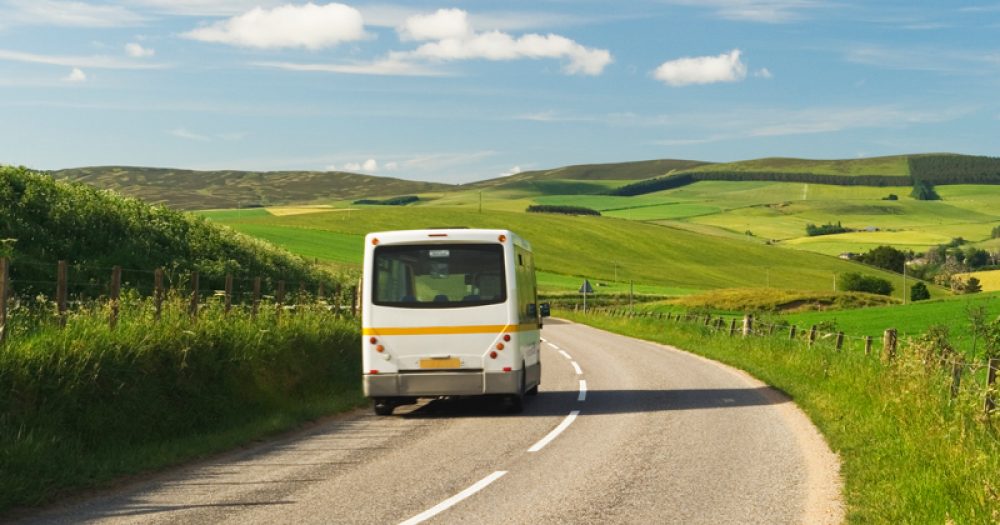Special-school pupils face “insurmountable” travelling distances to school and risk being “forced out of the system altogether” as transport services are cut, a think-tank has warned.
New research by the Education Policy Institute has found that on average these pupils travel three times further to school than their mainstream counterparts. In rural areas, as many as one in 10 special-school pupils travel more than 23 miles each way, while even in city areas, one in 10 pupils live nine miles from their school.
The think-tank warned that the distances leave them at particular risk of budget cuts affecting home-to-school transport, and as such, could push them out of the school system altogether.
The research points to the government’s 2016 ‘Schools that work for everyone’ consultation, which lamented the lack of ‘good’ or ‘outstanding’ secondary schools “within three miles” of some homes.
However, the title of the consultation was “something of a misnomer”, according to the EPI , because it “said nothing of the 110,000 pupils that are educated in the nearly 1,000 state-funded special schools”.
The research seeks to understand that omission, and analysed the school travel habits of that forgotten group.

It found that in city suburbs, the average year 7 special-school pupil travels 2.5 miles to school, two-and-a-half times further than their average mainstream counterpart.
In larger towns and cities, the gap is wider: special-school pupils travel 2.9 miles compared with mainstream pupils, who travel 0.9 miles. In rural towns, the gap is larger yet, between 2.2 miles for mainstream pupils and 6.7 miles for special-school pupils.
In rural villages, mainstream pupils travel on average 3.8 miles, while special-school pupils travel 10.1 miles, on average.
Simon Knight, director of Whole School SEND, warned the lack of investment in the specialist-schools sector meant the nearest appropriate school “isn’t always available”, and therefore many children are “having to travel extraordinary distances to get to a suitable school”, often with journey times of more than an hour each way.
“Given that the DfE’s own predicted increase in demand for special schools is 13,000 extra places in the next eight years and only 60 schools are currently in development, this is a situation that is likely to worsen,” he said.
“If children are to endure long journeys to and from school, then we need to make sure that transport operators and staff have suitable training in order to ensure that the journey does not impact negatively on the child. Some children will be spending close to 400 hours a year being transported. The least we should expect is a statutory requirement for all staff to be well trained to work with the particular children in their care.”

Jon Andrews, the EPI’s director for school system and performance, who wrote the report, said there was an “ongoing debate” about providing children with a good local school, but “relatively little is said” about the needs of special-school pupils.
“For some pupils these distances risk becoming insurmountable,” he said. “A reliance on home to school transport leaves pupils vulnerable to cuts in local authority budgets and changes to local provision. In the absence of alternative arrangements, these pupils could end up being forced out of the system altogether.”
Geoff Barton, the general secretary of the Association of School and College leaders, labelled the report “timely”. The number of pupils in need of special-school places is expected to increase by 11,000 over the next five years as the pupil population increases.
“It is clearly vital that particular thought is given to how and where these places are provided to ensure that the distance young people have to travel to school is kept to the minimum possible,” he said.
“These young people are obviously among the most vulnerable in our society and must be a priority in terms of place-planning. It is also important that any decisions over local transport services take into account the needs of pupils who travel to special schools.”
Funding for home-to-school transport has become increasingly scarce in recent years as a result of cuts to local authority budgets.
In January, Schools Week reported on growing opposition to plans to cancel free transport for thousands of children in Suffolk after the county council launched a consultation on plans to provide transport only to a pupil’s nearest school, the minimum service it must provide by law.








Your thoughts